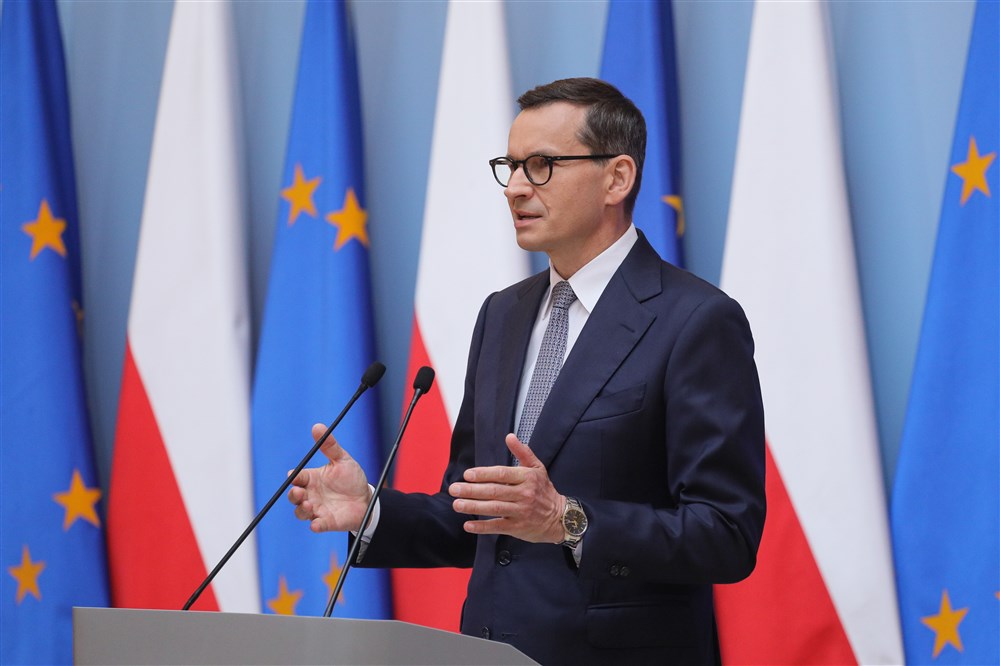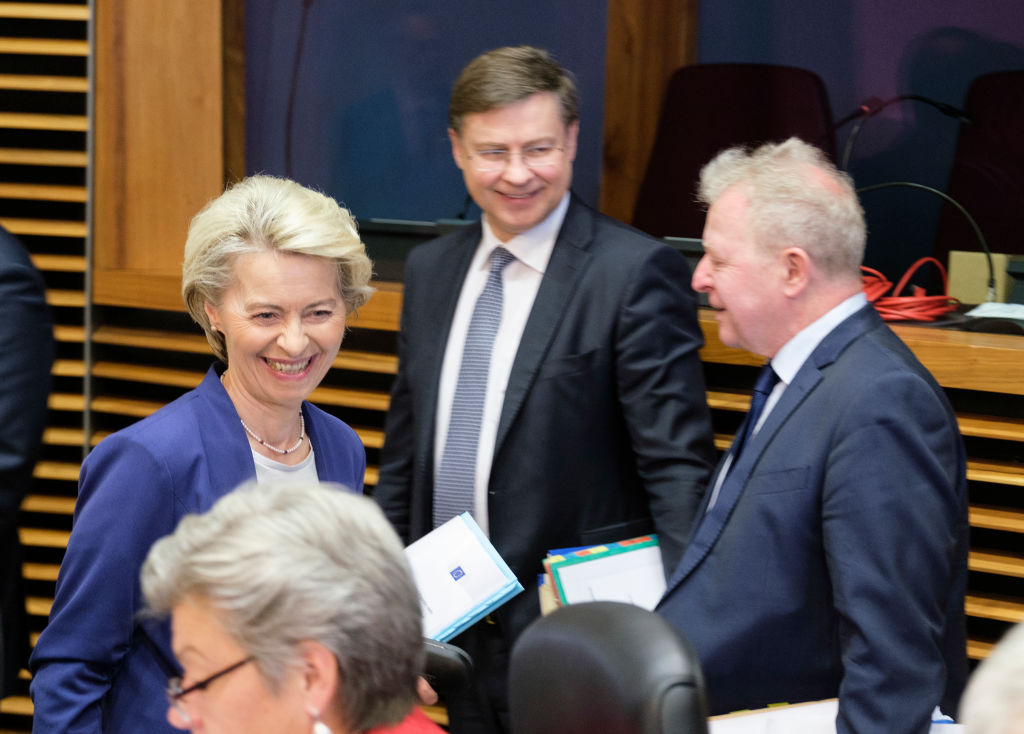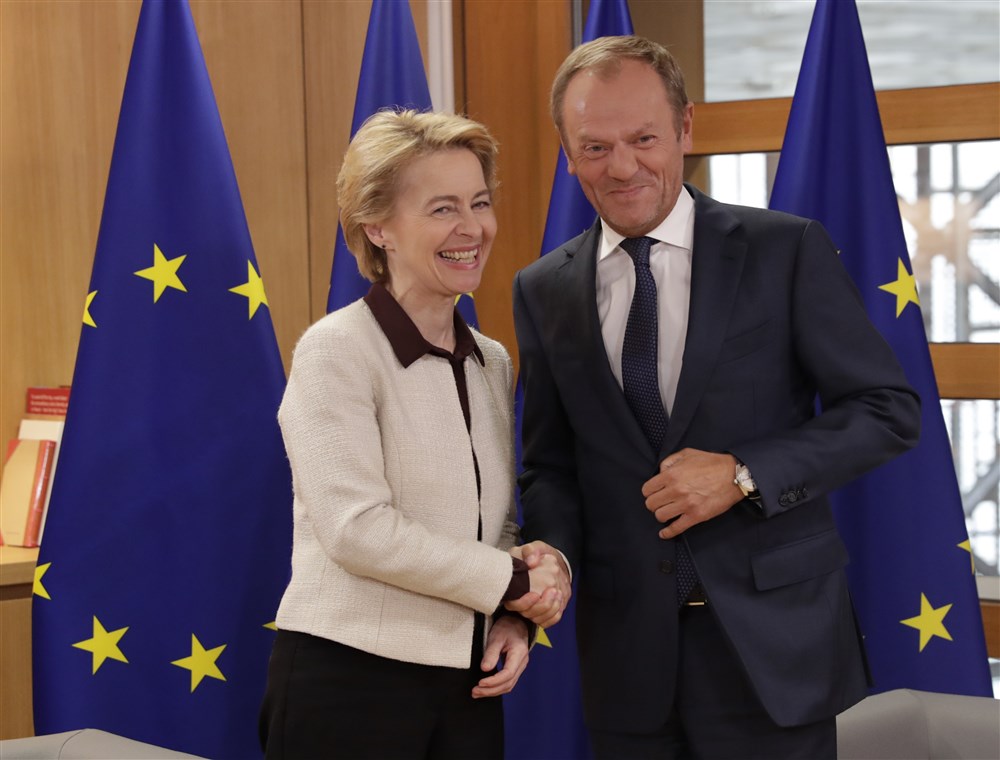The European Parliament on June 14 debated controversial Polish legislation that according to the European Commissioner for Justice “violates the principle of democracy”.
The law seeks to set up a special commission to examine the impact of Russian influence in the country and could see former officials barred from office in Poland.
During the debate, Justice Commissioner Didier Reynders told MEPs that the European Commission was prepared for further action against Poland in the European courts after an infringement procedure was opened targeting the country in June. He added that the Commission supported calls for a full Organisation for Security and Co-operation in Europe (OSCE) mission to supervise this autumn’s Polish parliamentary elections.
According to Reynders, “The new law violates the principle of democracy, as well as the principles of legality and the non-retroactivity of sanctions.
“Following a thorough assessment, the Commission decided at the end of June to open an infringement procedure against Poland,” he said.
Poland has been given 21 days to reply to the letter of formal notice of possible legal action sent by the Commission.
The Commission’s concern has been triggered by protests from Poland’s liberal opposition, which claims that the legislation was designed to discredit its leader and former Polish Prime Minister, Donald Tusk, ahead of this autumn’s elections. The ruling conservatives argue that Russian influence over Polish political life during the past 20 years needs to be fully investigated and exposed.
Reynders did, however, acknowledge that the Polish legislation may soon be amended. The Polish Parliament is this week considering a change to the law, proposed by Polish President, Andrzej Duda. It includes the removal of sanctions such as the debarring of officials and the provision that the Commission members may not be members of Parliament. The ruling party has said it will back the President’s amendments, so they are likely to pass.
In the European Parliament, Poland’s liberal opposition PO party is part of the European People’s Party whereas Poland’s ruling conservatives are part of the European Conservative Reformers (ECR), who are in opposition to the EP’s ruling coalition of the EPP, Socialists and Renew Europe.
These divisions were evident during the June 14 debate where the EPP, the Socialists, Renew Europe and the Greens all criticised Poland’s ruling party for alleged violations of democratic principles and of putting the country on the road to authoritarianism.
They also attacked Poland’s judicial reforms and claimed the country’s media were now fully under the ruling party’s control.
The MEPs from Poland’s ruling conservatives took the opposite view, arguing that democracy is thriving in the country as evidenced, it said, by increased voter turnouts and greater pluralism in the media than under Poland’s previous government.
They also accused Poland’s opposition of attempting to engage European institutions to try to bring down the government.
Former Polish Prime Minister, Beata Szydło, attacked the Commission for what she saw as a campaign against Poland. “As a former Prime Minister and European Member of Parliament from Poland, who has received support from over half a million of Polish citizens, I would like to say it clearly, Mister Commissioner, that Poland is not and will not be a whipping boy. Poland will not be terrorised by your attacks and punishments,” she said
Despite campaigns by the Polish opposition alleging that the conservatives are planning “Polexit”, support for the conservatives in the country has not been affected.
The party remains ahead in the polls, although short of an outright parliamentary majority. The Polish economy has also been unaffected, with Poland recording the fastest GDP growth and the lowest unemployment rate in the EU of late, as well as a balance-of-payments surplus.





